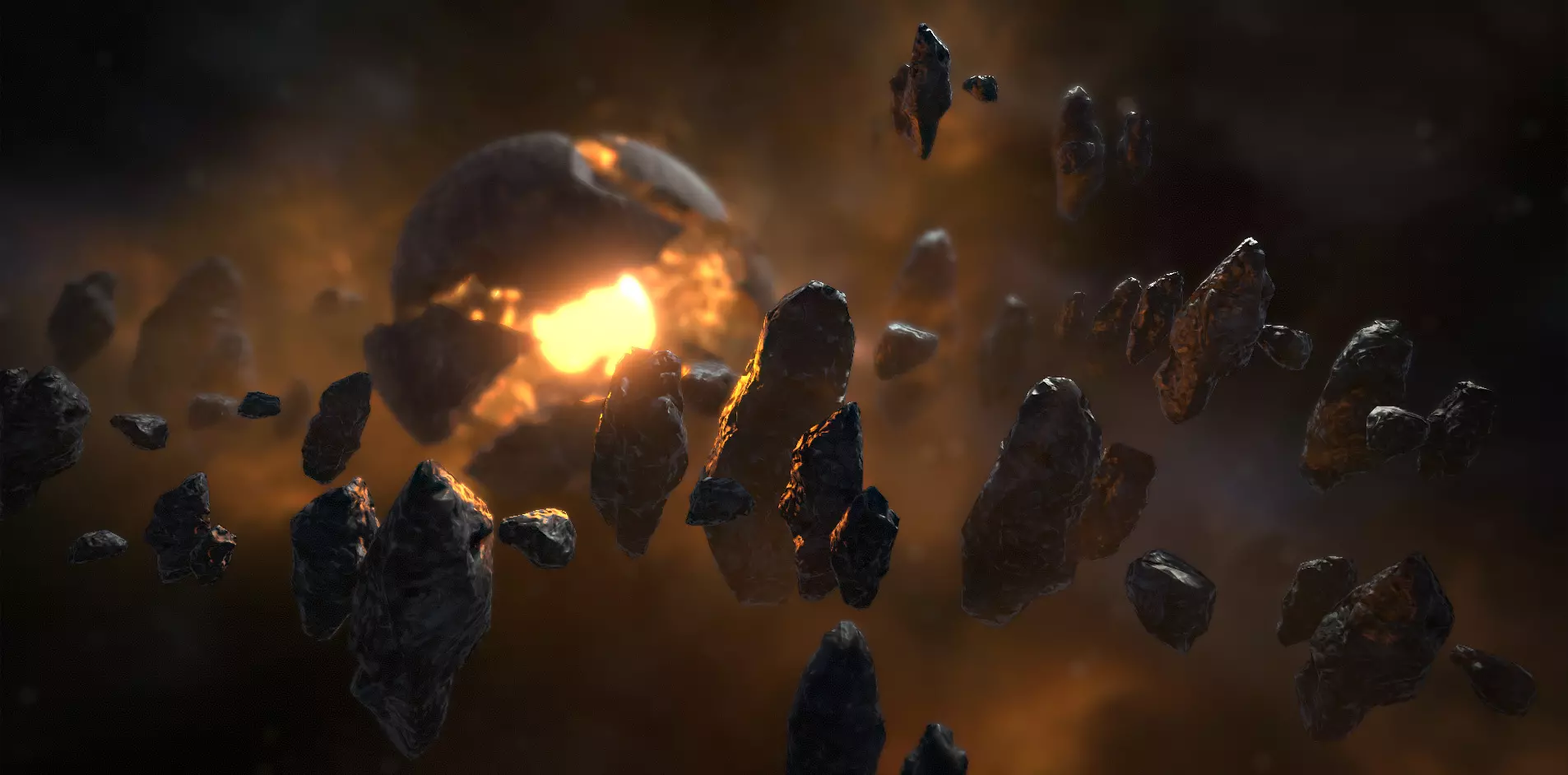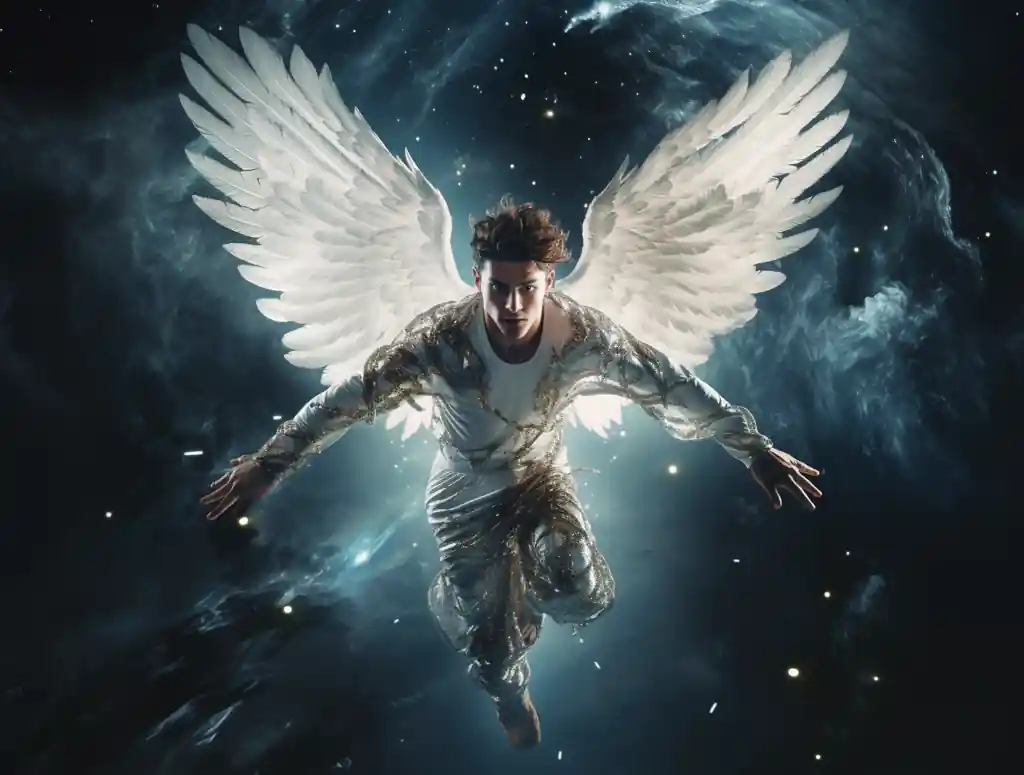Let's talk about Game Design: Part 1
You can't save scum your way out of this like XCOM and trust me, you'll be devastated.

We've spoken a bit about art, and how it can be empowering but also a distraction. I think we also covered inter-personal relationships and how they can get in the way of things.
If you didn't read those then please do before you go any further, you need to know what to expect.
The world is a distracting place, hell, even the thinking about the game you're trying to make can be distracting. Mind buzzing, head full of ideas, can't lay down a line of code ....
Imagine if we had a guiding angel holding a single source of truth.
Enter: The Game Design Document.
As I mentioned before, we're going to write a game together you and I.
In a way, we're going to work as a team and as such I need to be very clear about the game that we're going to be making.
So I made this:

The game we're going to make is functionally simple but the multiplayer elements make it technically complex, but some technical complexities will get ironed out in the process if we know what we want and have some idea of how to get it.
By that I mean, whether we use Unity 3D networking tools or roll with our own is irrelevant here because this is about what it will look like, feel and sound. By all means, go into this with an idea of how will work but don't get hung up on the finer details.
What is important though is the distinction between a single player game and a multiplayer game. You can't switch halfway through, trust me, it just won't work.
Ah you know, so much to cover.
We'll talk about the game we'll be making together later on I think, let's just run through the format of the plan.
Marketing
Who will play our game? What gender or age group?
This isn't a pithy attempt at discrimination, these are the cold hard facts of your project. You're making a game for someone to play right? Who is that someone? If you cater to your target audience you increase your chances of success.
How will you reach those people? Repetition is the root of marketing, so do you need a schedule? When will you release the game? Q4 - when everyone is cozy at home? But with all the big boys releasing games then is that the right time?
Where will they they get it from Steam? Glory awaits precious few on that platform these days, plus it's a monumental timesink.
I'm thinking itch.io, hmm, I need to update our GDD ...
All of that needs to be thought about and planned well before you even touch a line of code because you're on the back foot here. You can't flick a switch and have millions show up on the day, you're just not that important.
Get it wrong, well that's all the work flushed down the plug hole - you can't save scum your way out of this like XCOM and trust me, you'll be devastated.

Concept
I like to start with 'first minutes' here. Grip the reader from the get go.
Hopefully the genre is familiar to them but it doesn't really matter because you're going to live the experience with them. Think of it as a script without the characters. You're telling a story about how it will be played, cold hard facts; you're talking controls, what they see when they open the client and start the game. How will they know what to do?
A more detailed example might start like:
The Player character climbs from the wreckage of a car, as they regain consciousness, interactive messages are shown teaching the player how to move using either a keyboard or a D-pad on a controller. As the interactive cut scene draws to a close, the camera pans to the first person, the character picks up a bat and further interactive messages are shown teaching the character to aim using the mouse or analogue stick on a controller.
Some game designers will add flowcharts similar to the simple example above.
They might describe short game loops for instant gratification, such as getting the Player hooked on vanquishing enemies and collecting XP and loot, or they might describe the long game loops about questing and rewards.
You might also have flowcharts for your menus.
From there, what is the aim of the game? How do people win at it? How long will they play for, is it a casual game? Will it be a tough grind or about exploration - you need all the detail about such things - as much as you can.
It's not just about investors, or marketers or the team, it's about you.
That's because I guarantee you 6-12 months down the line you'll open the game engines IDE, scratch your head and say 'what the actual F am I doing here right now?'
Make sure the concept section answers all the questions your future self might have.
Honestly, it's important.
Art & Sound
So by now you'll have a very good idea of how the game will play, it'll be playing in your minds eye almost; like some vague recollection of a terrible film.
It's time to hone in on what it'll look like.
I'd head straight to Midjourney these days personally. With Shallow Space we spent a fortune on concept art, trying to get things right in our heads. Now you get to do that for free, lucky you.
Google images is another one.
Look at games similar to yours, if you can't be original in style then copy other titles. There's no shame in that. Any seasoned game designer will tell you that when other people are copying you, it's because you got something right. In copying them you're paying homage to their vision; but ... leave a little room for creative expression.
Talk about how you want the game to look and provide examples. Talk about how you don't want the game to look also; trust me these artists have extremely broad imaginations!
Here's another glimpse into your future now: You'll get a year into this thing and think, 'this looks awful to me now, we need to overhaul` - trust me it is never worth the hassle.
This is why we do the graphics right at the end.
The section should be good enough to convince you that the original design imperatives still ring true, even when you're knee-deep in future doubt.
SFX fit the imagery, so you don't need to go all onomatopoeia, just think about how you'll source the sounds and the sort of vibe and atmosphere you want to establish.
Timeline & Constraints
How much time do you have to make this thing? General rule of thumb is that if it's going to take longer than 3 years, toss it or rework it.
Do you have to make artwork? Is there much coding to be done? Are you going to lonewolf it or find some buddies? All of this needs to factor into your timeline, which should probably be some shiny info graphic (to stop you from changing it on a whim.)
You need to convince the reader that what you've set out to achieve is possible and setting aside your enthusiasm for a brief moment; you need to convince yourself.
What game engine will you be using? Have a think about the sorts of technology you'll be using? (although be aware that it could change.) How about asset packs?
What about money? Are you going to YOLO it? Do 16 hour days alongside your job and/or studies? Be reasonable now ... very few people in this world can sustain that, if what you put down sounds somehow implausible, then the project will fail.
What is your target market like? What are your competitors doing? Are you chasing a craze? and if so, are you intending on riding in your competitors wake?
...
1250 words.
We've not even scratched the surface.
Take it from me, games look fun to make but they are the most complex pieces of software on the face of this planet. Failing to plan is planning to fail.
This post is just a primer, it's about ideas not facts.
Please do more research especially if you intend to ask people for money.
I recommend this extended article for further reading on the subject of Game Design Documents.

